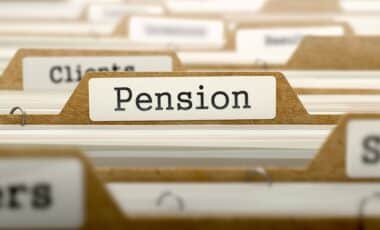The UK Government’s planned updates to the state pension system could mean reduced take-home income for some claimants in the coming years.
These developments will primarily impact people approaching retirement age, as the state pension age is set to increase gradually from 2026.
Meanwhile, more pensioners may find themselves subject to income tax due to rising pension values and a frozen personal allowance threshold.
Rise in State Pension Age Set to Delay Access to Benefits
From April 2026, the Department for Work and Pensions (DWP) will begin a phased increase in the state pension age from 66 to 67.
This transition will be implemented incrementally over a two-year period, ending in April 2028. According to The Mirror, the pension age will increase by one month at a time.
For instance, someone born between 6 April and 5 May 1960 will be eligible at 66 years and 1 month, while someone born a month later will need to wait until 66 years and 2 months. This sliding scale continues until full eligibility at 67 applies to those born from 6 March 1961 onwards.
This delay may have tangible financial consequences. Based on the current full new state pension rate of £230.25 per week, or £11,973 annually, a six-month deferral would equate to a shortfall of approximately £5,980 in missed payments.
While these changes are designed to reflect increased life expectancy, they could significantly affect those who had expected to access their pension at 66. A further scheduled increase to 68 is set to begin between 2044 and 2046, affecting future generations of retirees.
Pension Tax Exposure Rises Amid Frozen Allowances
While the triple lock ensures annual pension increases in line with inflation, earnings, or 2.5%, whichever is highest, many pensioners may face unintended tax consequences.
The current full new state pension is only £597 below the income tax personal allowance of £12,570. If earnings growth—currently at 5.6%—triggers another pension uplift next April, the annual amount could exceed this threshold.
According to The Express, this scenario could push more pensioners into the taxable income bracket, despite relying solely on state pension income. DWP Minister Torsten Bell stated that over 80% of pensioners were already paying income tax during the 2022/23 financial year.
Bell also confirmed the personal allowance would remain frozen until April 2028, as decided by the previous Government. Although the current administration chose not to extend the freeze, it did not opt to raise the threshold either.
In response to public concern, the Government reiterated its commitment to maintaining the triple lock, projecting an estimated £31 billion increase in state pension spending this Parliament.









